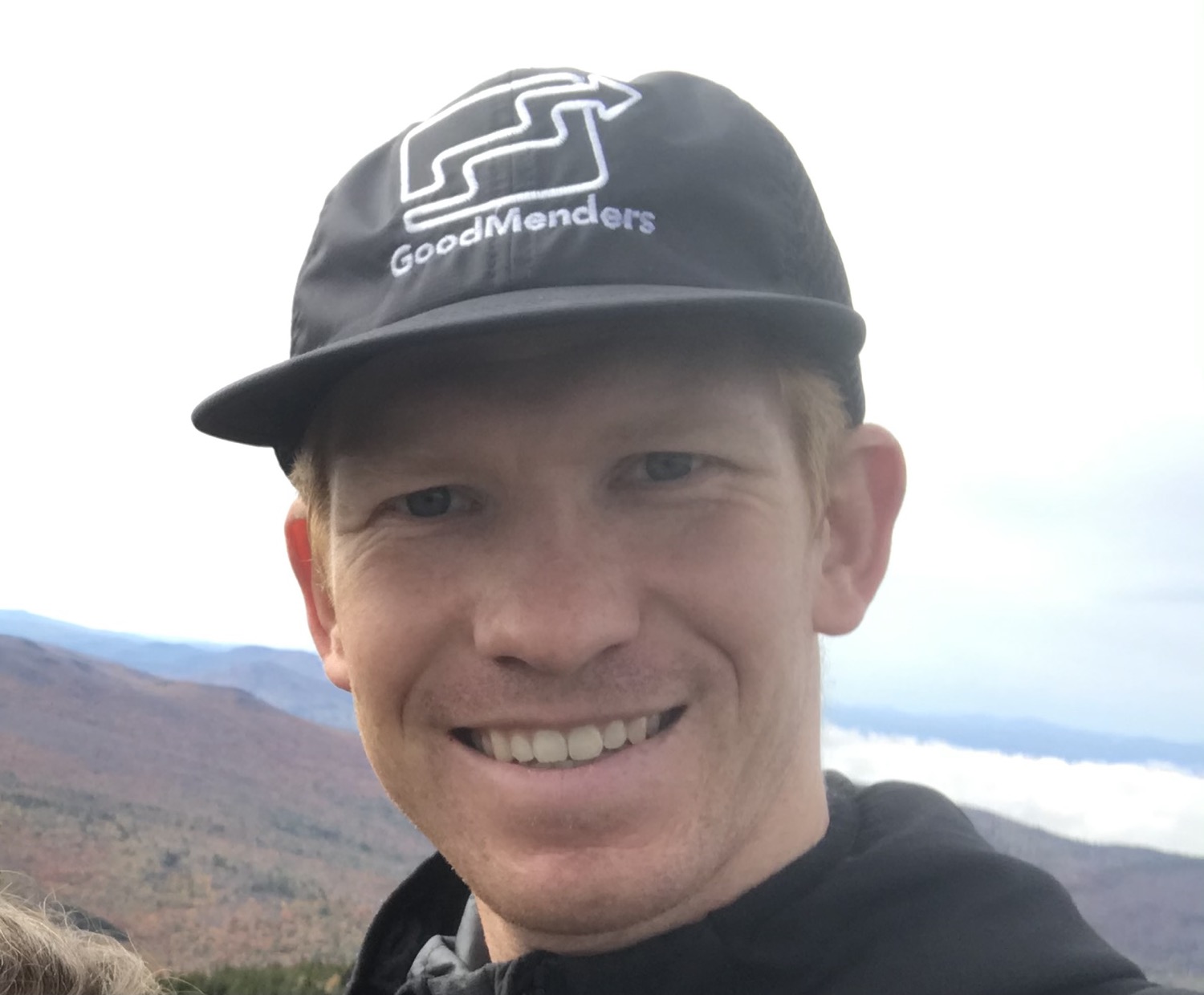Giving, Friendship, Leadership, and Accomplishing the Impossible
- Nicholas Fair Nowak

- Feb 1, 2024
- 4 min read

If you’ve been following my posts, you’ll know I’ve found a lot of wisdom in the writing of David Whyte. I want to highlight what he has to say about giving and friendship––and of course make circuitous connections to leadership. On giving, he writes this:
To give is to make an imaginative journey and put oneself in the body, the mind and the anticipation of another. To give is to make our own identities more real in the world by committing to something specific in the other person and something tangible that could represent the quality. To give is also to carry out the difficult task of putting something of our own essence in what we have given. The perfect gift may be tiny and inexpensive, but accompanied by a note that moves the recipient; the perfect gift may be enormous, extravagant, expensive and jaw-dropping as a courageous act of flamboyance and devil-may-care love, but to give appropriately always involves a tiny act of courage, a step of coming to meet, of saying I see you, and appreciate you and am also making an implicit promise for the future. (2020)
Line by line, I find this insight striking, especially the idea that giving is a tiny act of courage. Giving is courageous because it involves taking off the mask and dropping the walls. When sincere, it’s the moment we show the truth of our minds and hearts. Great leaders do it often, the kind of giving that convinces the recipient that they are seen and appreciated––at eye level and with no strings attached.
Giving is requisite for friendship. It’s hard for me to whittle down Whyte’s thoughts on friendship to a few gems, but here are the three I’ll share:
“A friend knows our difficulties and shadows, and remains in sight, a companion to our vulnerabilities more than our triumphs, when we are under the strange illusion we do not need them.”
“A diminishing circle of friends is the first terrible diagnostic of a life in deep trouble: of overwork, of too much emphasis on a professional identity, of forgetting who will be there when our armoured personalities run into the inevitable natural disasters and vulnerabilities found in even the most average existence.”
“But no matter the medicinal virtues of being a true friend or sustaining a long, close relationship with another, the ultimate touchstone of friendship is not improvement, neither of the other nor of the self: the ultimate touchstone is witness, the privilege of having been seen by someone and the equal privilege of being granted the sight of the essence of another, to have walked with them and to have believed in them, and sometimes just to have accompanied them for however brief a span, on a journey impossible to accomplish alone.” (2020)
If you think you need to hurry this intermission along and start solving the next problem, that you don’t have time to reread such drifty woolgathering, especially that third bit, for whatever it’s worth, you have my blessing and my belief that under no circumstances should we rush past the touchstone of friendship.
A friend is there for our trials, remaining even when we push them away. A troubled life is a life without friends. And, there it is again, friendship offers the gift of being seen, but also the gift of seeing––as well as the possibility of accomplishing the impossible. Some might expect the ultimate leader to accept the honor of being “lonely at the top.” Rubbish. Putting ourselves aside, is that really the example we want for our kids?
At this point, you might be thinking, “Nick, there are more of David Whyte’s words than your own. What’s the deal with that?” My students might be saying, “Mr. Nowak, that’s more evidence than analysis. You’re not composing well-constructed paragraphs, why should we?” Fair points. Now, I’ll exit through my escape hatch. Password: you have to know the rules to break them.
I’ll be participating in the Pan-Mass Challenge with a couple of close friends this year. Within the first week of registering, I was rocked by the power of giving and friendship. Among several great motivators, my primary reason for riding is to express my gratitude for cancer treatments and every moment I've shared with my dad as a result. Without a doubt, my dad is a primary reason that people are contributing to my fundraiser.
One of the qualities I admire most in my dad is his willingness to give his time. I’d have a midweek, non-conference, away game in college, and he’d drive hours to be one of the only fans on the sideline. He has shown up for a lot of people over the years, and it fills me with joy to see people show up for him when the shadows have stretched with the turning of the sun. He has invested in a strong circle of friends from his childhood neighbors to his colleagues, and they have stepped to meet him with their own acts of courage, showing their appreciation.
That's inspiring. It's a testament to the dead end of ruthlessness and the bright light of friendship. Why not aspire to be a leader who gives?
You can support the Dana-Farber Cancer Institute and contribute to cancer research and treatment here. Thank you!




Comments